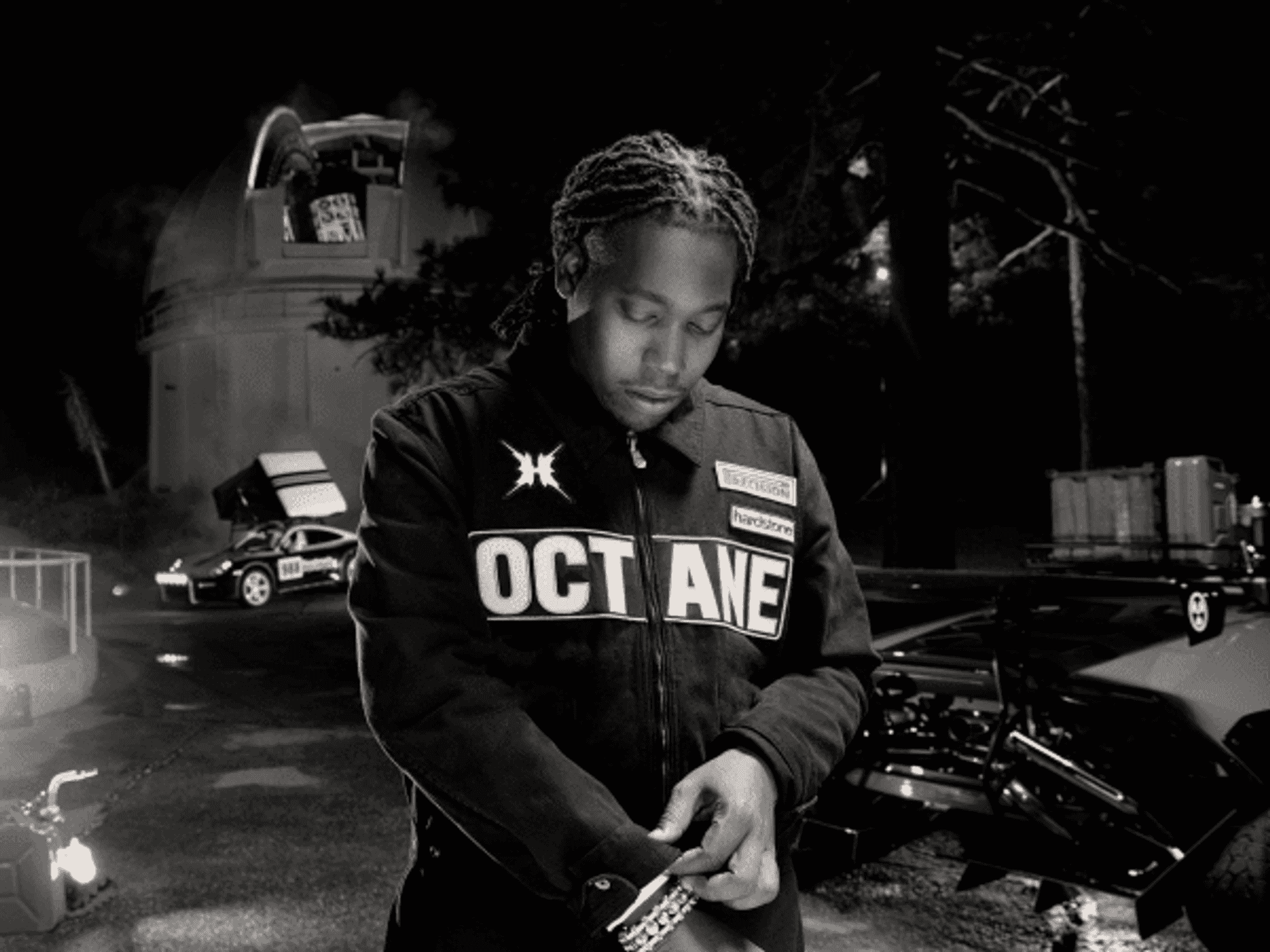A Total Touchdown
Verizon scores big with exclusive NFL streaming offers + experiences

Calling all football fans.
As the NFL season deepens and its 32 teams continue their quest for the Lombardi Trophy, Verizon, the league’s official 5G partner, has announced some truly game-winning offers for fans.
These new promotions allow Verizon customers to save hundreds while streaming their favorite games.
For a limited time, fans who purchase one year of NFL+ Premium for $99.99 through +play can get Netflix Premium free for a year. That's a $275 savings!
Plus, when you sign up for the +play credit perk on myPlan — which is only $10 per month — you get $15 in +play credits. That math equals an additional $5 in credit toward this promotion.
In addition, Verizon customers can gain exclusive access to premium deals on NFL gear and events through myAccess. If you're not familiar, myAccess gets you into the best sports, music, and entertainment events, just for being a Verizon customer.
Verizon is not just about savings; it’s about experiences. To celebrate being the presenting sponsor of The Tailgate on December 9 at The Empire Room, Verizon is giving away a trip for two to Super Bowl LIX — all expenses paid. You have until December 15, 2024, to enter here for a chance to win.
For more information on Verizon’s NFL offers and to stay connected, visit www.verizon.com.
---
The NFL Entities shall have no liability or responsibility for any claim arising in connection with participation in this sweepstakes or any prize awarded. The NFL Entities have not offered or sponsored this sweepstakes in any way.
